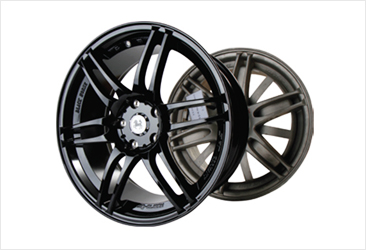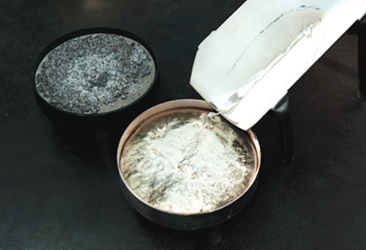R&D in Three Key Areas
In fulfilling its commitment to enhancing the technological competitiveness of SMEs and contributing to the growth of Korea's manufacturing industries, KITECH focuses on three key research areas: Intelligent manufacturing & materials technology, Human-centric manufacturing technology, and Sustainable development technology. KITECH strives to strengthen the fundamentals of Korean industries by carrying out demand-oriented R&D and application activities and securing original technologies for the future.
Intelligent manufacturing & materials technology
Human-centric manufacturing technology
Sustainable development technology
Intelligent manufacturing & materials technology
In response to the shift in the industrial paradigm, Intelligent manufacturing & materials technology is driving advanced manufacturing in the future through intelligence, integration, and convergence of Root industry technology. The six major root technologies refer to casting, molding, heat treatment, surface treatment, plastic working, and welding technologies, all of which are core process technologies essential for manufacturing raw materials into processed materials and then into industrial parts.
Major research achievements
3D printing implant manufacturing technology
Highlights
Developed an original technology for high-strength pure titanium medical-use materials and parts using 3D printing technology
Developed pure titanium microstructure control technology
Developed ultra-high-strength pure titanium materials based on heat treatment control
Benefits
This newly developed technology is expected to drive the growth of the medical-use materials industry in Korea, valued at KRW 600 billion
The original 3D printing technology can be applied to aerospace and automotive materials
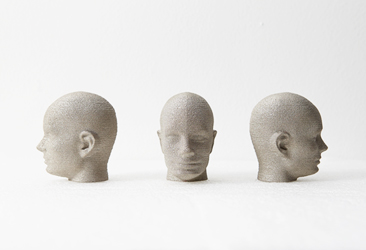
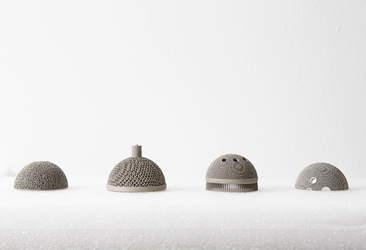
Aluminum core manufacturing technology using eco-friendly inorganic binders
Highlights
Developed a technology for manufacturing eco-friendly inorganic binders that can be used in high-temperature and high-humidity environments
Achieved approximately 500% greater moisture resistance compared to those made by leading companies in Germany under the same environment
Developed a process that uses only liquid, which is easier to store and use than the conventional process that required blending a liquid and powder before using
Benefits
This technology is expected to replace imports worth KRW 246 billion per year
Reduction in volatile organic compound (VOC) emissions is expected to bring social cost-saving effects worth roughly KRW 64.5 billion
Domestic production of eco-friendly binders should help companies pioneer the Asian market, known for its high-temperature, humid climates
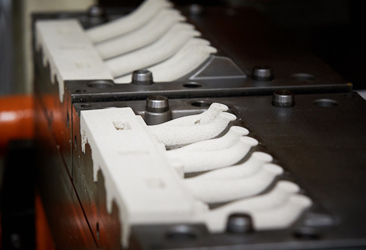
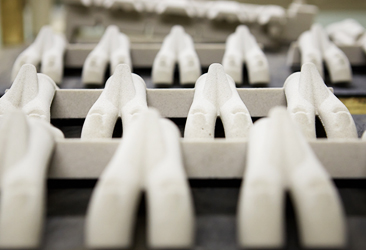
Eco-friendly high-function eco-Mg and eco-Al alloy technologies
Highlights
Developed eco-Mg and eco-Al source materials with enhanced properties while remaining eco-friendly
Eco-Mg : Eliminates the need for SF, one of the super greenhouse gases, thereby significantly reducing CO2 emissions
Eco-Al : Slashed manufacturing costs by 60% compared to existing aluminum, while enhancing strength by 5%
Benefits
As core materials for making lighter parts, they can be applied across all industries, including automobiles, railroad cars, vessels, planes, electronics, and leisure equipment
Eco-Mg : Expected to bring annual cost-saving effects worth KRW 4.5 billion in Korea and KRW 60 billion worldwide
Eco-Al : Expected to help companies make early entries into the global aluminum parts market worth KRW 1,000 trillion annually
